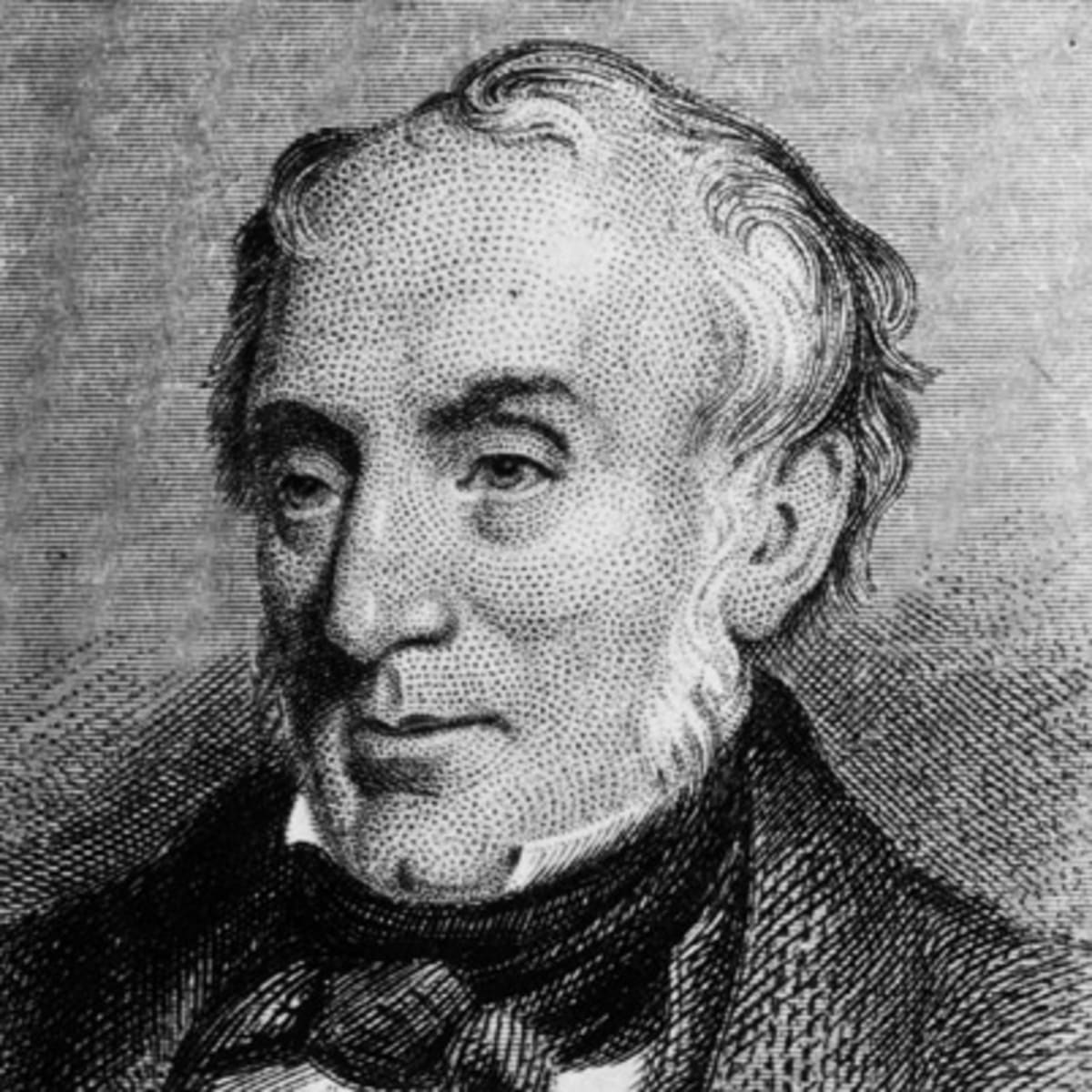I wandered lonely as a cloud
That floats on high o'er vales and hills,
When all at once I saw a crowd,
A host, of golden daffodils;
Beside the lake, beneath the trees,
Fluttering and dancing in the breeze.
Continuous as the stars that shine
And twinkle on the milky way,
They stretched in never-ending line
Along the margin of a bay:
Ten thousand saw I at a glance,
Tossing their heads in sprightly dance.
The waves beside them danced; but they
Out-did the sparkling waves in glee:
A poet could not but be gay,
In such a jocund company:
I gazed—and gazed—but little thought
What wealth the show to me had brought:
For oft, when on my couch I lie
In vacant or in pensive mood,
They flash upon that inward eye
Which is the bliss of solitude;
And then my heart with pleasure fills,
And dances with the daffodils.
Published:
1807
Length:
Regular
Literary Movements:
Romanticism
Anthology Years:
2023
Themes:
Ars Poetica
Nature
Literary Devices:
End Rhyme
when a poem has lines ending with words that sound the same
Imagery
visually descriptive or figurative language, especially in a literary work
Simile
a comparison between two unlike things using the words “like” or “as”
Varied syntax
diverse sentence structure

